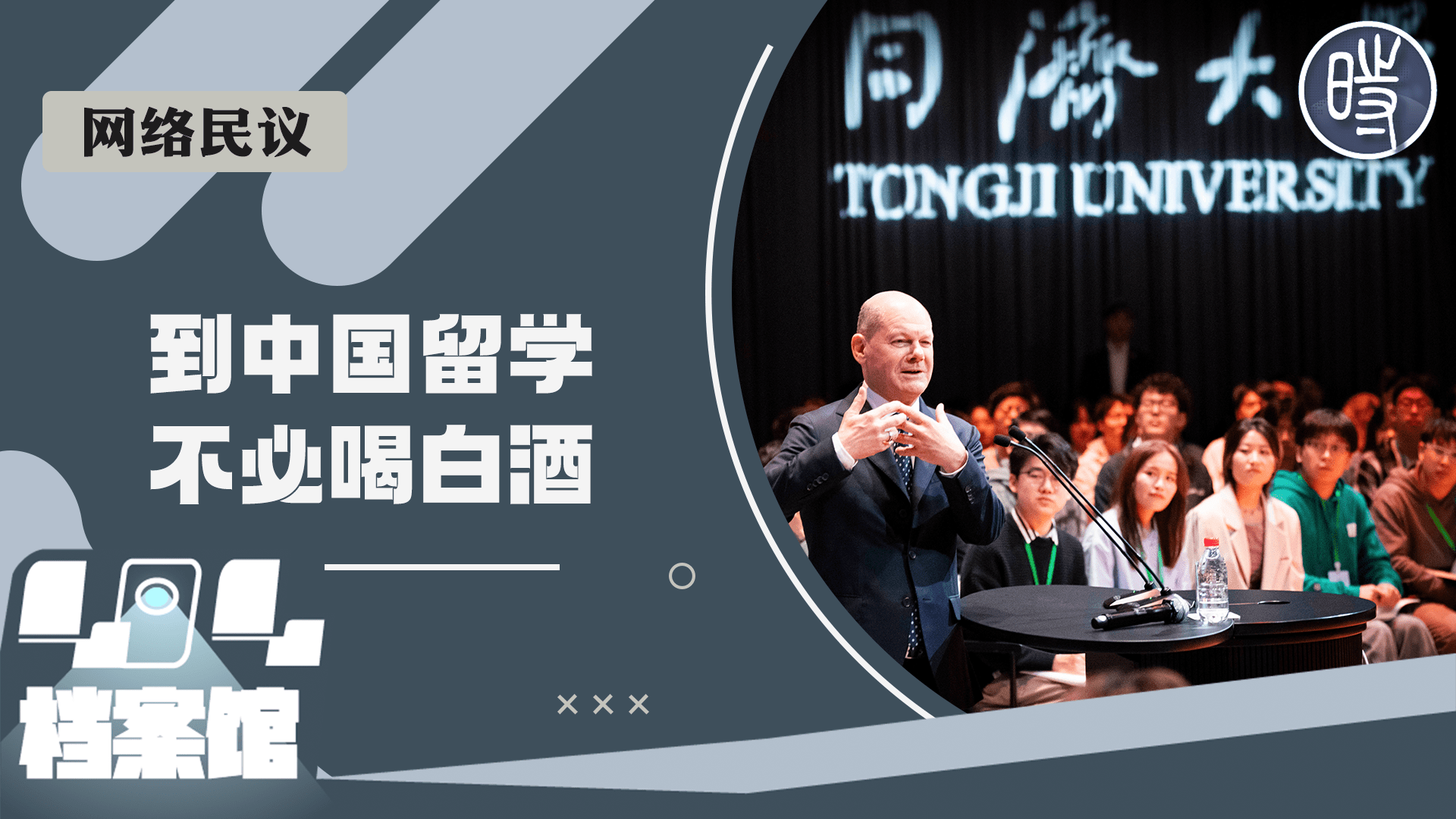The government shuts down a TV show in which viewers vote for the winner
政府关闭了一档可由观众投票决定冠军的电视选秀节目
Culture for the masses
中国回到计划经济时代了么?还是它摒弃任何有民主味道的东西?中国政府暂停了有亿万观众的“快乐女生”,所刮起的风暴要比正装参赛选手们面对的问题严峻的多。
HAS China returned to the days of central planning? Or is it just stomping on anything that smacks of democracy? The Chinese government’s decision to suspend the airing of “Happy Girl”, a television talent show with hundreds of millions of fans, has whipped up a storm of questions far tougher than any that its dolled-up contestants had to face.
“Happy Girl” had just finished this year’s run when the broadcasting authorities announced that the show would not return next year. Officially, one of its sins was allowing episodes to exceed its 90-minute permitted time-slot. It was also wrong to show them at prime time (the programmes were too racy).
“Happy Girl” is broadcast by a state-owned satellite-television company in the southern province of Hunan, but has a devoted following across the country. Exhibiting the extraordinary gap that has opened between officials and the viewing public, a station spokesman said the broadcaster would replace the show with uplifting programmes such as “practical information about housework”.
The Communist Party’s disdain for shows such as “Happy Girl” has long been clear. The programme’s forerunner, “Super Girl”, upset the authorities by allowing viewers to vote for contestants by sending text messages from their mobile phones. It all smacked too much of democracy.
“Happy Girl” trimmed its sails by restricting voting mainly to a studio audience. But there were other issues that must have annoyed the party as well: the massive audiences drawn by talent shows, compared with the staid programming of the official China Central Television; the unconventional appearance of some of the contestants (this year’s “Happy Girl” winner looked rather boyish); and the participants’ unscripted emotional outbursts.
These are unsettled times for unconventional culture in China. In the south-western city of Chongqing the authorities are waging a campaign to promote old-fashioned “red culture”, such as revolutionary songs. The party is preparing for an annual meeting of its Central Committee next month at which the main item on the agenda will be the promotion of “the great development and great prosperity of socialist culture”. Gripping stuff. Big changes in the party leadership will be announced late next year. Officials do not want anyone to conclude from “Happy Girl” that they should have a choice.
Economic Observer, a Chinese-language newspaper in Beijing, published a commentary on its website suggesting that the question of audience voting could be the party’s main concern about “Happy Girl”. “Some people sigh that if only we could vote in Chinese elections, as we do in ‘Happy Girl’, then we’d lock horns and join the contest…This is the truly sensitive issue.”
That was remarkably frank. Another (English-language) newspaper, Global Times, felt otherwise. The problem, it said, was vote-fixing and fan violence. What “Happy Girl” had displayed was “undemocratic elements that are against democracy”, such as disrespecting rules, organised cheating and special interests that undermine overall fairness. Problems that are alien to the party, of course.
== ALL RIGHTS RESERVED FOR The Economist Newspaper Limited ==
本文由自动聚合程序取自网络,内容和观点不代表数字时代立场








.png)

